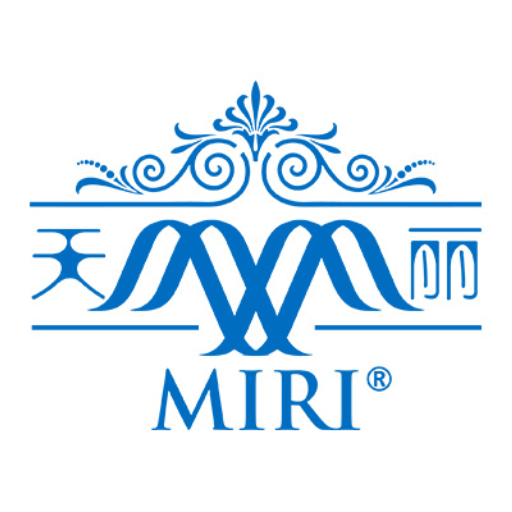Menopause Essentials: Managing Hot Flashes, Mood Swings, and Hormonal Balance Naturally
Menopause marks a significant transition in a woman’s life, typically occurring between the ages of 45 and 55, when the body gradually produces less estrogen and progesterone. This natural phase can bring about various symptoms like hot flashes, night sweats, mood swings, and sleep disturbances, affecting daily comfort and well-being. Understanding these changes empowers women to adopt supportive strategies that promote balance and vitality during this time. In this guide, we’ll explore practical ways to manage common menopause symptoms and maintain hormonal health through lifestyle and nutritional approaches.
Understanding the Stages of Menopause
The journey through menopause includes three main stages: perimenopause, menopause, and postmenopause. Perimenopause can begin several years before menopause, characterized by irregular periods and initial hormonal fluctuations. Menopause is officially diagnosed after 12 consecutive months without a menstrual period. Postmenopause follows, where symptoms may persist but often lessen over time. During perimenopause, estrogen levels fluctuate, leading to symptoms that can feel unpredictable. For a deeper dive into these hormonal shifts, check out our previous post on Menopause Hormonal Shifts: Navigating Estrogen Decline and Natural Wellness Strategies.
Hormonal balance during menopause is crucial for overall health, including bone density and cardiovascular function. As estrogen declines, women may experience increased risk for osteoporosis, which is why focusing on nutrient-rich diets and supplements is essential. Incorporating foods high in phytoestrogens, like soy products, can help mimic estrogen’s effects gently.
Common Menopause Symptoms and Natural Management
Hot flashes are one of the most reported menopause symptoms, affecting up to 80% of women. These sudden waves of heat can disrupt sleep and daily activities. To manage them naturally, maintain a cool environment, wear breathable clothing, and practice stress-reduction techniques like deep breathing or yoga. Herbal teas with black cohosh or evening primrose oil have shown promise in alleviating hot flashes, though consulting a healthcare provider is recommended before starting any new regimen.
Mood swings and emotional changes are also prevalent due to fluctuating hormones impacting serotonin levels. Regular exercise, such as walking or swimming for 30 minutes a day, releases endorphins that stabilize mood. Mindfulness meditation can further support emotional resilience. For insights into emotional well-being during this phase, refer to Menopause and Emotional Wellbeing: Navigating the Journey with Grace.
Sleep disturbances, often exacerbated by night sweats, can lead to fatigue. Establishing a consistent bedtime routine and avoiding caffeine in the evening helps. Supplements like magnesium may promote relaxation and better sleep quality. Addressing these symptoms holistically can significantly improve quality of life.
Nutritional Support for Hormonal Balance
Nutrition plays a pivotal role in easing menopause symptoms. A diet rich in omega-3 fatty acids from fish or flaxseeds can reduce inflammation and support heart health, which becomes increasingly important postmenopause. Calcium and vitamin D are vital for bone health; aim for dairy, leafy greens, or fortified foods. Our article on Menopause and Bone Health: Protecting Your Skeleton During Hormonal Changes offers more tips on safeguarding bones.
Supplements tailored for women’s health can provide targeted support. For instance, products containing Pueraria Mirifica, a natural source of phytoestrogens, help balance hormones and relieve symptoms like hot flashes and mood swings. Consider Miri Feminine Essence, designed to support menopause relief and enhance overall vitality. Additionally, collagen supplements aid skin elasticity and joint health, countering some aging effects of menopause. Learn more in our post Collagen Essentials: Boosting Skin Elasticity, Joint Strength, and Hormonal Balance for Women.
Lifestyle Strategies for Thriving in Menopause
Beyond diet, lifestyle adjustments are key. Regular physical activity strengthens muscles, improves mood, and helps manage weight gain, a common concern during menopause. Strength training twice a week can preserve muscle mass and bone density. Adequate hydration supports skin health and reduces hot flash intensity.
Social connections and stress management are equally important. Joining support groups or practicing hobbies fosters a sense of community. For weight management tips, explore Menopause and Weight Management: Finding Balance Naturally.
In summary, menopause is a natural evolution, not an end to vitality. By embracing informed choices around nutrition, exercise, and supplements like Miri Beauty Revital for hormonal support, women can navigate this phase with confidence. Always consult a healthcare professional for personalized advice to ensure safety and effectiveness.
